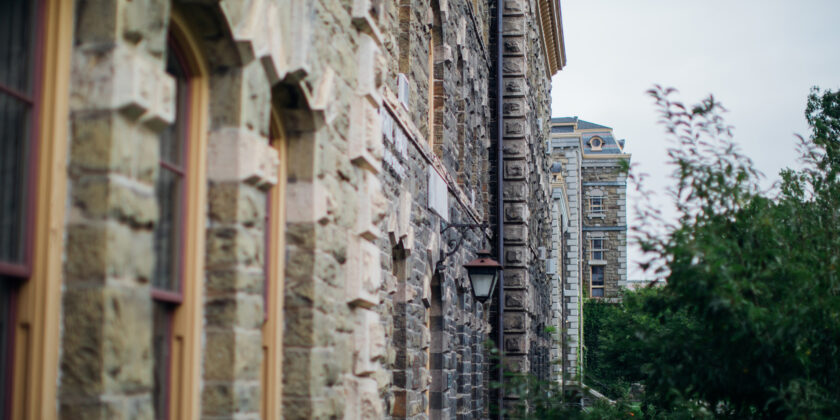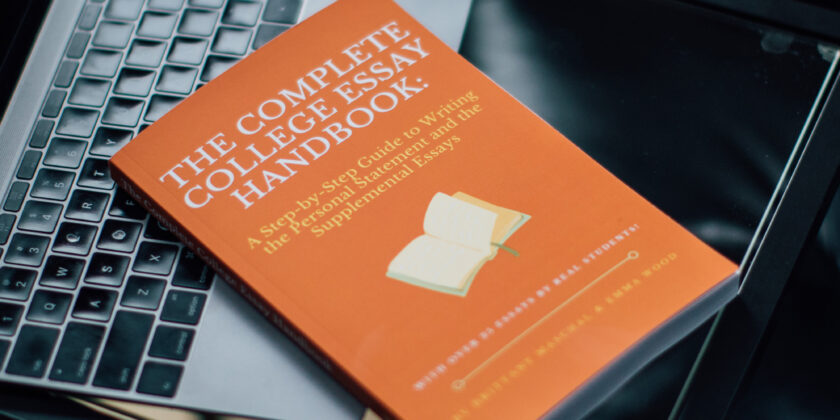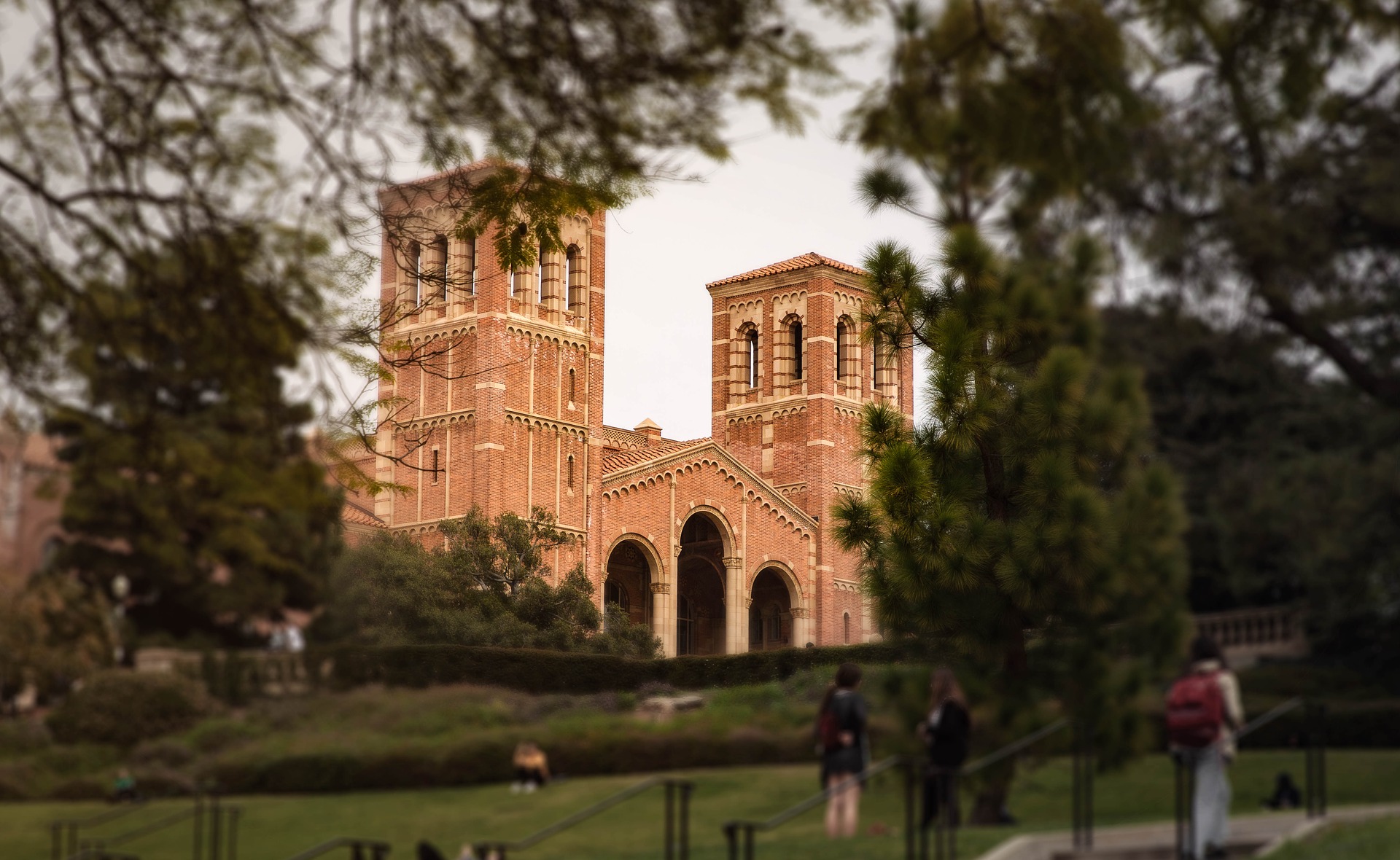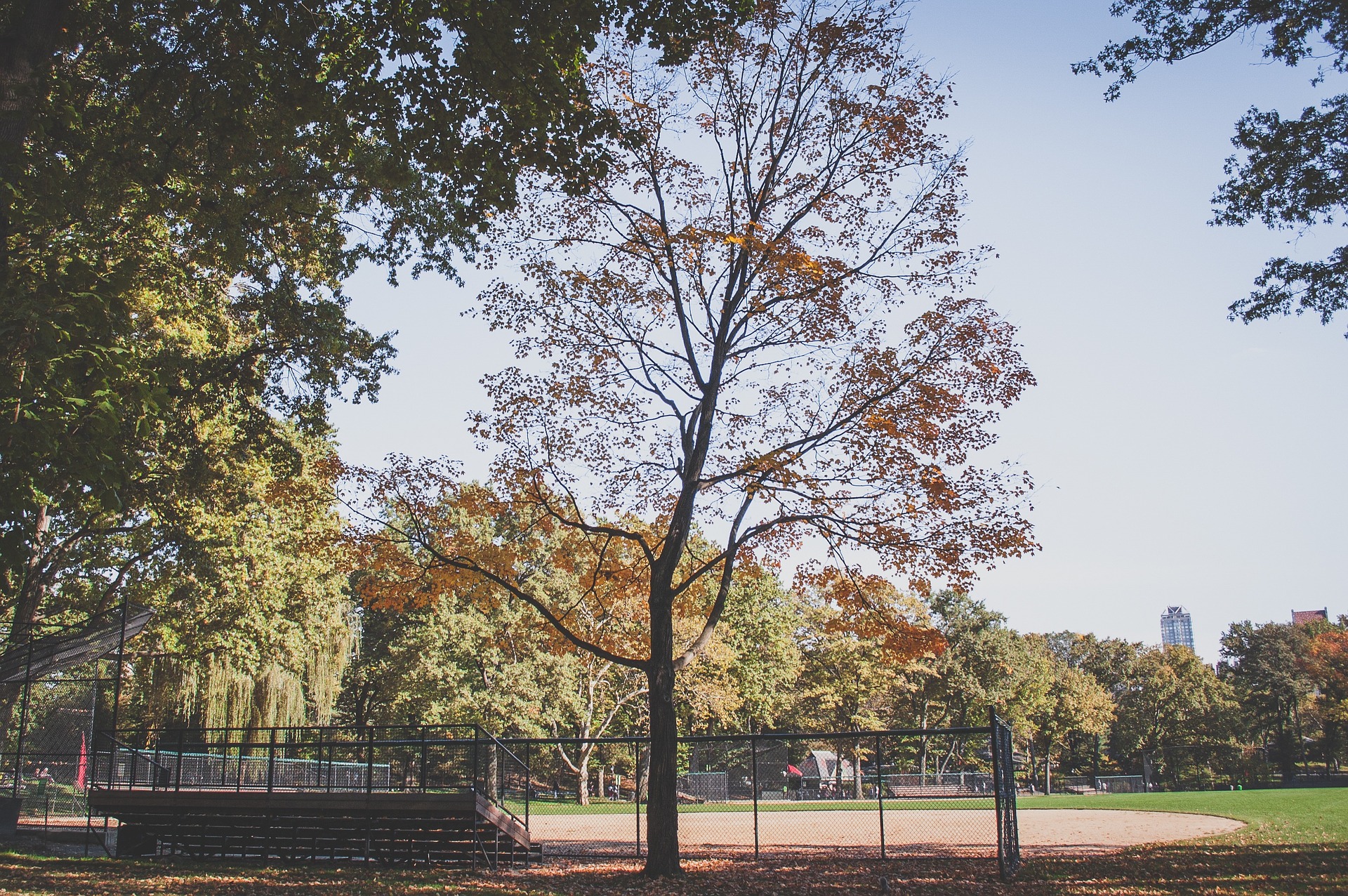Campus Pride’s 2021 BEST OF THE BEST Colleges & Universities is online at https://campuspride.org/BestoftheBest.
Campus Pride, the preeminent resource for LGBTQ leadership development, diversity inclusion and advocacy within higher education, recently announced the annual Best of the Best Colleges and Universities for LGBTQ students in the United States.
“More than ever colleges today want to be viewed as LGBTQ-friendly and a welcoming place for all students. LGBTQ students and their safety impacts the recruitment efforts of the entire campus,” said Shane Windmeyer, Campus Pride Executive Director. “Upper-level administrators are now understanding how LGBTQ-friendliness is key to academic success of students and the future institutional success of the campus.”
The announcement features 30 four-year campuses from across the country that have shown themselves to be deeply committed to LGBTQ students, earning a perfect score of 5 out of 5 stars on the Campus Pride Index, the definitive national benchmarking tool tracking LGBTQ-friendly policies, programs, and practices.
This year, Campus Pride is putting a spotlight on two-year colleges and religious schools with two separate lists focused on community colleges that are leading the way on LGBTQ inclusivity, and religious schools living up to LGBTQ-inclusive values. These campuses were selected by the Campus Pride Index team showcasing campuses with inclusive policy, program and practice and who scored 3.5 or higher stars in their respective categories.
“Seeing the representation of schools from every corner of the country, and highlighting the efforts of community colleges and even religious institutions really underlines the successes Campus Pride has had over our 20 years,” said Tom Elliott, Campus Pride Board Chair. “The work we’ve done with student leaders, and the resources Campus Pride continues to provide them, is making the higher education experience safer and more welcoming to LGBTQ students nationwide.”
The Campus Pride Index, cataloging more than 430 LGBTQ-friendly colleges and universities, is available at https://www.campusprideindex.org/.









